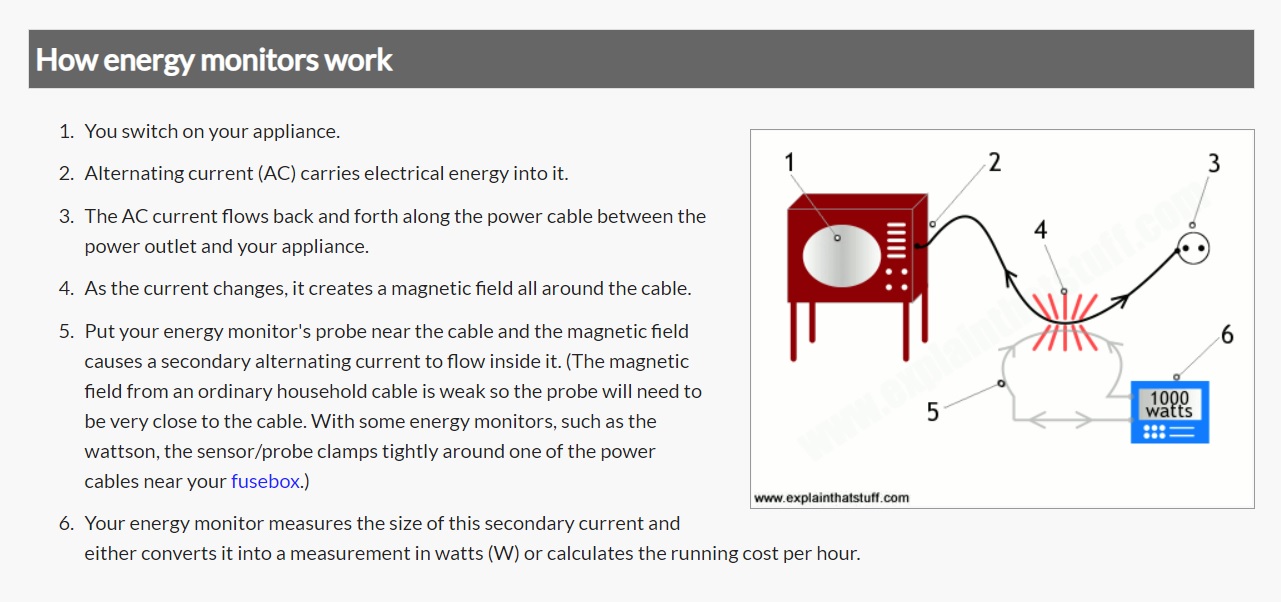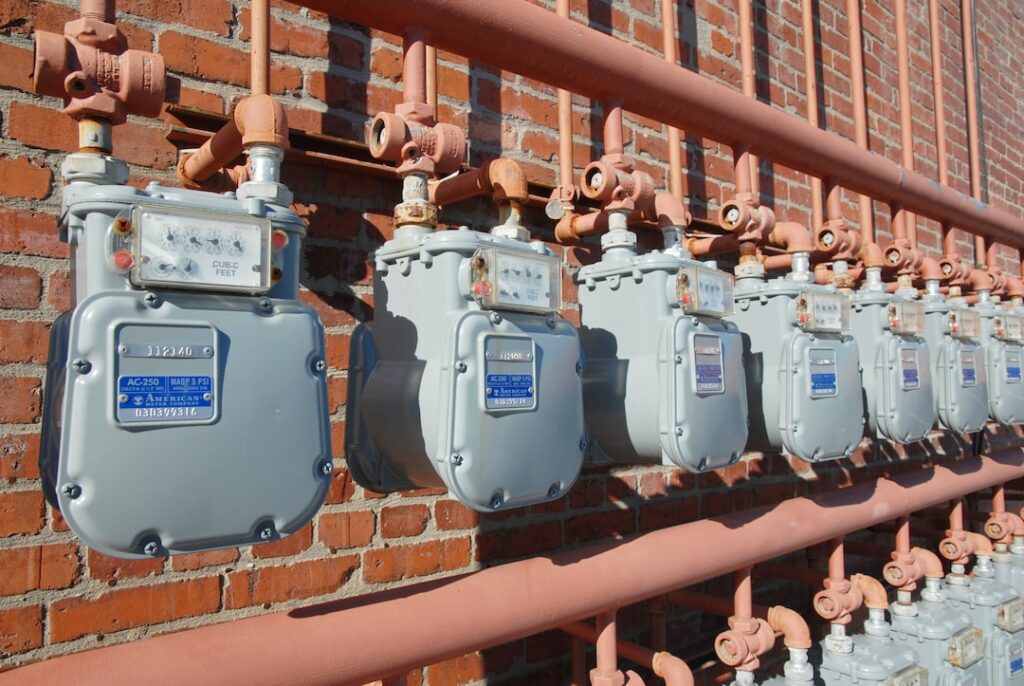Learning about different energy-saving methods is a great way to reduce your real time energy consumption. Some simple methods include turning off lights when you leave a room, unplugging electronics when they’re not in use, and using energy-efficient light bulbs.
One major contributor to high electricity bills is outdated appliances. Even if an appliance isn’t used often, if it’s inefficient, it can still waste a lot of energy. Replacing old appliances with newer, more energy-efficient models is a great way to reduce your real time energy consumption.
The best way to reduce your electricity consumption is to keep track of it. There are many ways to do this, but one of the simplest is to check your energy usage on your utility bill. This will give you a good idea of how much electricity you’re using and where you can make changes to reduce your consumption.
Table of Contents
How Real Time Energy Consumption Can Help Save Hundreds of Dollars
If you’re like most people, you’re always looking for ways to save money on your utility bills. And one way you can do that is by monitoring your real-time energy consumption.
Sure, you may already know how much energy you’re using each month, but do you know how much you’re using at any given moment?
That’s where real time energy consumption comes in. By monitoring your energy consumption in real time, you can make adjustments to your habits and save money on your monthly bill.
Here’s how it works. First, you’ll need to find a real-time energy consumption monitoring device. Sync it up with your smartphone or tablet so you can see exactly how much energy you’re using at any given moment.
This information can be extremely valuable in helping you save money on your utility bills.
For example, let’s say you typically use a lot of energy in the evenings after work. By monitoring your energy consumption, you may realize that you’re using more energy than you need to.
Armed with this information, you can make a few simple changes to your habits, like turning off lights when you leave a room or unplugging electronics when you’re not using them.
These small changes can add up to big savings on your monthly energy bill.
What Factors Affect Real-Time Energy Consumption?
There are a variety of factors that can affect real-time energy consumption, including:
- The type of energy source (e.g. coal, natural gas, nuclear, renewable).
- The efficiency of the energy conversion process.
- The demand for energy at the time (e.g. during peak demand periods).
- The price of energy in your area.
- Weather conditions.
Why Monitoring Real-Time Energy Consumption Is Important
Monitoring your real-time energy consumption is important for a variety of reasons. First, it can help you save money on your energy bills. By monitoring your energy consumption, you can identify areas where you can conserve energy and save money.
Additionally, real-time energy monitoring can help you identify potential energy efficiency improvements that could further reduce your energy costs.
Another reason why monitoring your energy consumption is important is that it can help you reduce your environmental impact. By understanding your energy consumption patterns, you can identify ways to reduce your energy use and your carbon footprint.
Finally, monitoring your energy consumption can help you improve the safety and efficiency of your home or business.
By identifying potential problem areas, you can make changes to make your home or business more energy efficient.
 (Source)
(Source)
5 Tips to Reduce Your Real-Time Energy Consumption
1. Get an Energy Audit
Many utility companies offer free or discounted energy audits to help you identify ways to reduce your energy consumption. An energy auditor will come to your home and assess your energy usage, making recommendations for improvements.
2. Educate Your Family or Staff About Energy Consumption
Take some time to learn about how your home or office consumes electricity and what you can do to lower consumption. Share this knowledge with your family and staff to make energy conservation a team effort.
3. Make a Plan
Once you know where you can save energy, plan to do so. Set goals and track your progress to ensure that you are making the changes necessary to reduce your consumption.
4. Implement Energy-Saving Changes
There are a number of changes you can make to reduce your energy consumption. These can include simple things like turning off lights when you leave a room or more significant changes like installing energy-efficient appliances.
5. Monitor Your Energy Consumption
Keep tabs on your energy usage over time to ensure that your efforts to reduce consumption have the desired effect. This will also help you identify any areas where you may need to make further changes.
How Technology Is Changing the Way We Manage Our Energy Use
Technology is constantly changing the way we live and work. This is especially true when it comes to the way we monitor and manage our energy use.
In the past, we relied on manual methods to track our energy consumption. This meant that we had to physically write down or keep track of our energy usage in some way.
Now, thanks to advances in technology, we can track our energy use in real time. This means that we can see how much energy we are using at any given moment, and we can make changes to our usage patterns accordingly.
There are several ways that we can do this. For example, we can install smart meters in our homes and businesses. These devices give us real-time feedback on our energy use.
We can also use apps and online tools to track our energy consumption.
This real-time feedback is valuable because it allows us to make changes to our energy use immediately. If we see that we are using more energy than we need, we can make changes to our habits.
This can help us save money on our energy bills and it can also help us reduce our impact on the environment. Technology is changing the way we live and work in many ways, and the way we monitor and manage our energy use is just one example of this.
As technology continues to evolve, we can expect to see even more changes in the way we live and work.
FAQs in Relation to Real-Time Energy Consumption
What is real-time consumption?
Real-time consumption is the amount of energy used at any given moment. It is usually expressed in kilowatts (kW) or megawatts (MW).
How do I monitor power usage in real-time?
There are a few ways to monitor power usage in real-time. One way is to use a smart meter that measures the amount of electricity being used at any given moment.
Another way is to use web-based monitoring software that allows you to see your energy consumption in real-time.
Why does real-time information reduce energy consumption?
There are a few reasons why real-time information reduces energy consumption. First, when people are aware of how much energy they are using, they are more likely to conserve it.
Second, real-time information allows people to see the results of their conservation efforts immediately, which encourages them to continue conserving energy.
Finally, real-time information provides feedback that helps people adjust their behavior to further reduce energy consumption.
At what time is the most energy used at home?
Most energy is used at home during the daytime when people are awake and using appliances.
Conclusion
As businesses become more complex, the need for real-time energy data monitoring increases. It’s no longer enough to track monthly or even daily energy consumption. To make sound decisions that reduce energy costs and improve efficiency, you need to know what’s happening right now.
The benefits of real-time energy consumption monitoring are numerous. By understanding how your business is using energy at any given moment, you can make changes that result in significant savings.
In addition to saving money, real time energy data monitoring can also help you improve efficiency and reduce your carbon footprint. By understanding how your business uses energy, you can make changes that reduce your impact on the environment.
If you’re not already monitoring your energy consumption in real time, now is the time to start. The benefits are too great to ignore.





